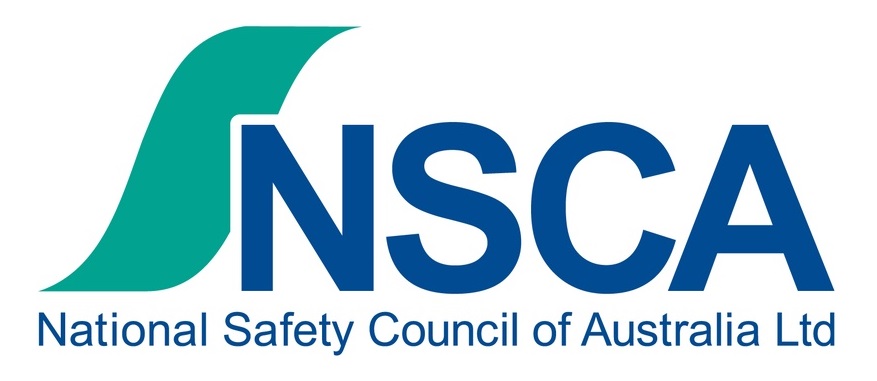How many harmful chemicals are in plastic?
Based on the latest studies, more than 13,000 chemicals have been identified as associated with plastics and plastic production across a wide range of applications.
Plastic manufacturers use a variety of chemicals, such as monomers, solvents, and catalysts, which can be hazardous to worker health. Exposure to these chemicals can cause skin and eye irritation,
respiratory problems, and even cancer.
Bisphenol A – a key ingredient in plastic and resin manufacture. Bisphenol A (BPA) is a substance that is used in the industrial manufacture of polycarbonate plastic products. These include common consumer goods such as re-usable plastic tableware and bottles for drinks, sports equipment, CDs and DVDs.






Specifically, the top three categories for phthalate toxicity are cardiotoxicity, hepatotoxicity, and nephrotoxicity and the most commonly caused diseases are cardiovascular, liver, urologic, endocrine, and genital diseases. Those who were exposed to more phthalates are more likely to develop type 2 diabetes.
Items containing more than 1 per cent by weight of diethylhexyl phthalate (DEHP) are banned.
The most common methods are:
Based on the latest studies, more than 13,000 chemicals have been identified as associated with plastics and plastic production across a wide range of applications.
Plastic manufacturers use a variety of chemicals, such as monomers, solvents, and catalysts, which can be hazardous to worker health. Exposure to these chemicals can cause skin and eye irritation, respiratory problems, and even cancer.
Bisphenol A – a key ingredient in plastic and resin manufacture. Bisphenol A (BPA) is a substance that is used in the industrial manufacture of polycarbonate plastic products. These include common consumer goods such as re-usable plastic tableware and bottles for drinks, sports equipment, CDs and DVDs.
Understanding the health hazards and regulatory framework surrounding isocyanate monomers is essential for safe handling. Here’s an overview of the associated risks and safety measures:
Health Hazards:
Safety Measures:
Commercial Use:
Isocyanate monomers find applications in various industries including:
Existing Work Health and Safety Controls:
1. BPA
2. Phthalates
3. DEHP
4. BBP
5. DBP
6. Carbon
7. Hydrogen
8. Oxygen
9. Nitrogen
10. Parabens
11. Alkylphenols
12. Dioxin
13. Perfluorinated Compounds
14. UV Stabilizers
15. Brominated Flame Retardants, BFRs